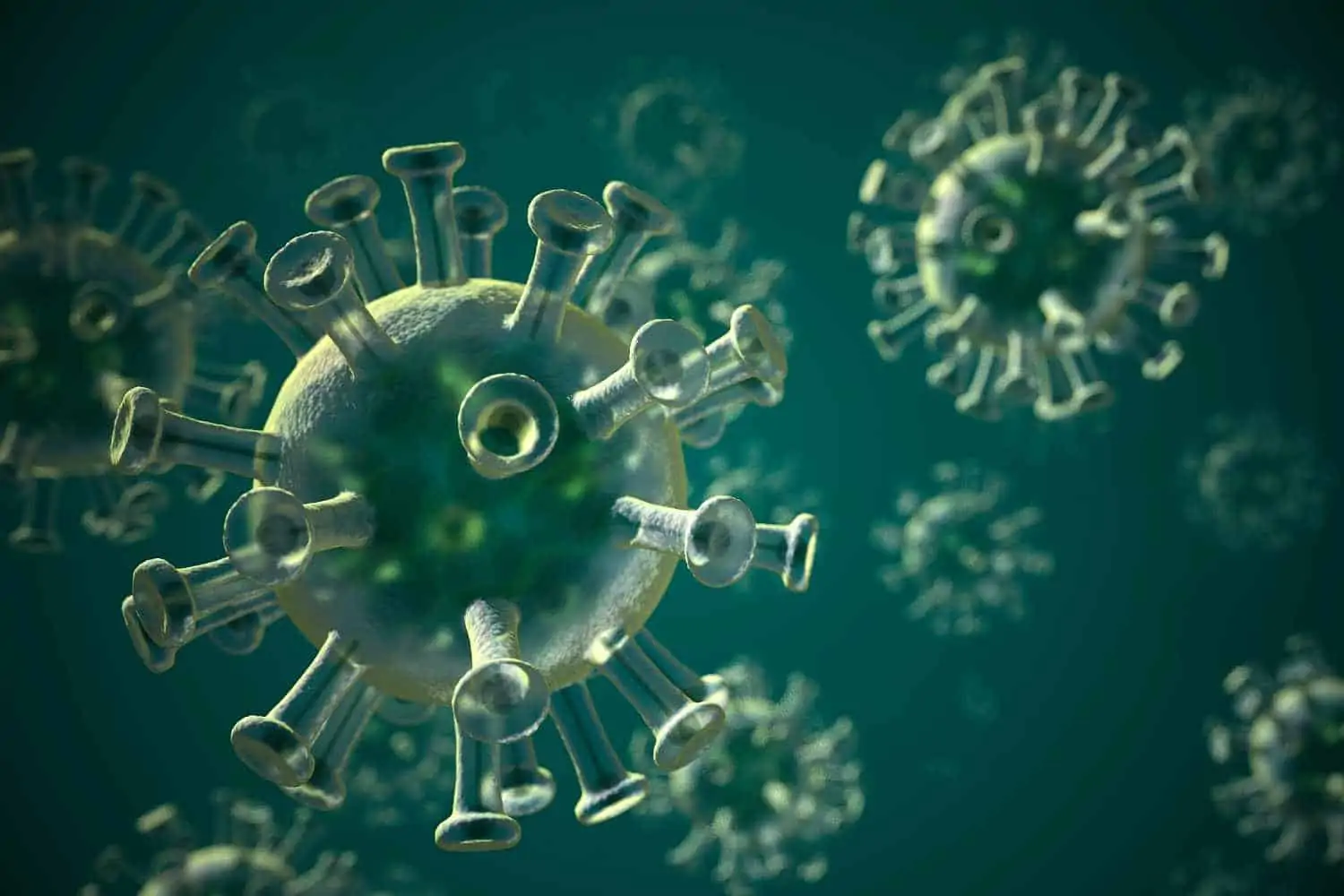A new COVID-19 ‘super variant’ is being monitored in South Africa after six new cases were recorded.
What is COVID-19 super variant spreading in South Africa?
Global epidemiologist tracking new mutations of the coronavirus SARS-CoV-2 have issued amber alerts over variant B.1.1.529, a strain of the virus first discovered in Botswana.
According to epidemiologist and senior fellow at the Federation of American Scientists (FAS) Dr Eric Feigl-Ding, the variant popped up on the radar during tests conducted by Botswana on Thursday 11 November 2021.
In South Africa, Dr Feigl-Ding said, the super variant was discovered in tests conducted on Sunday 14 November 2021.
The first international B.1.1.529 case came from a Hong Kong national who had returned to his home country on 11 November, after a two-week trip to South Africa.
“The case found in Hong Kong was a 36-year-old man who had a negative PCR test before flying from Hong Kong to South Africa, where he stayed from 22 October to 11 November. He tested negative on his return to Hong Kong, but tested positive on 13 November while in quarantine,” Feigl-Ding revealed in a series of tweets.
How many B.1.1.529 cases confirmed in South Africa?
Early tracing of the new COVID-19 super variant suggests that only six cases have been discovered in South Africa thus far.
Interestingly, according to data released by the National Institute for Communicable Diseases (NICD), a large spike was witnessed in infections recorded in the 24 hours preceding Wednesday’s report.
A total of 1 235 new cases were recorded out of 35 390 tests, representing a positivity rate of 3.6%. Also, 22 COVID-19-related deaths were confirmed.
Why are scientists worried about COVID-19 super variant?
At this time, no decisive action has been taken by world governments on the discovery of the B1.1.529 variant which, according to Dr Feigl-Ding, holds 32 mutations in its spike protein.
More concerning, however, was the sight of a feature of the mutation known as a furin cleavage. The latter, according to peer-reviewed study conducted by leading virologists Professor Thomas Peacock, Daniel Goldhill and others, “the furin cleavage site is an important determinant of SARS-CoV-2 transmission.”
Dr Feigl-Ding also revealed that while caution is being taken to avoid global panic, it must be known that the highly transmissive Delta variant largely responsible for the third wave of the pandemic that struck South Africa mid-2021 also contained the same furin cleavage profile.
South Africa’s health department has yet to issue a notice on the B.1.1.529 variant.
